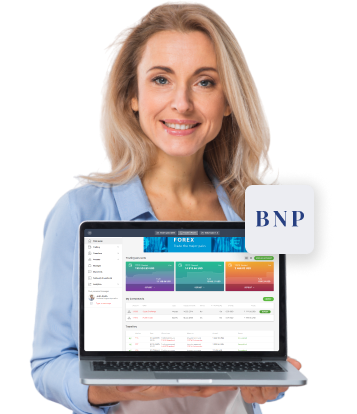What is a stock exchange?
It is a place of transactions between buyers and sellers, most often using the services of intermediaries. Such intermediaries represent at the exchange the interests of both producers of goods and owners of securities, and the interests of their buyers.
How is the stock exchange organized?
It is an organized market where the rules of perfect competition apply. Prices are formed solely under the influence of supply and demand and are published daily. Their fixation and subsequent publication is made at the beginning and at the end of the working day.
All market participants are provided with the same conditions for making deals and trading operations. All market participants are subject to unified rules, which are established at the Exchange. Exchange transactions are conducted according to the auction principle for buying and selling commodities, securities and currency.
What is the main feature of stock trading?
Exchange trading does not imply physical presence of trading objects - goods and securities - at the moment of transaction. Availability of goods of appropriate quality and in sufficient quantity in warehouses, as well as securities in banks with the right of ownership to them, is confirmed by appropriate documents.
The benefits of trading on the stock exchange are there for all participants in the transaction
- Suppliers sell their goods profitably on the stock exchange;
- Buyers get free access to information about goods and prices, have the opportunity to use for their benefit free competition between sellers;
- Exchange players receive commissions for trades executed.
What is the difference between a professional trader and a non-professional?
- Professional traders must have a license;
- Professional traders must have specialized education;
- The difference between a professional trader and a non-professional trader is that a professional trader is completely independent in making his decisions.
Advantages and disadvantages of being a professional trader
- You can make good money with luck and knowledge;
- Independence;
- The excitement of constantly "playing the game.
- Risk of losing;
- Some people treat traders as cheaters and speculators;
- High emotional stress.




